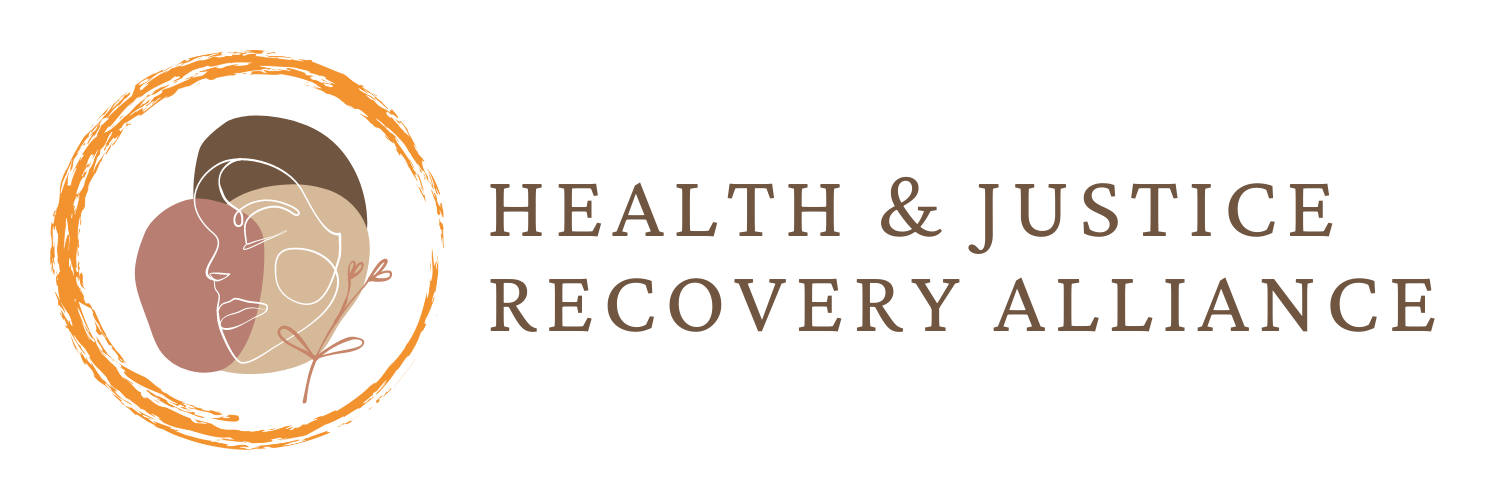Reimagining the Involuntary Treatment Act
Statewide Listening Tour: Spokane & Surrounding Counties
Improving public health, safety, and health equity.
There is broad consensus across the state, including within our justice and behavioral health systems, that the current Involuntary Treatment Act (ITA) system fails patients and the public. As part of a larger statewide effort, Chuckanut Health Foundation in partnership with the Reimagining ITA Task Force, will facilitate a listening tour with a broad cross-section of stakeholders and community members across Spokane, Adams, Ferry, Stevens, Lincoln and Pend Oreille Counties to reimagine the ITA.
Spokane & Surrounding Counties ITA Listening Tour Process
In partnership with the Reimagining ITA Task Force, the Chuckanut Health Foundation team will facilitate multiple roundtable discussions and interviews with community members who have experience in a variety of ways with the ITA system.
Let’s see what we can learn about how the current system is impacting Eastern Washington.
We are committed to understanding the experiences of individuals and communities impacted by the Involuntary Treatment Act (ITA) process. This is a multifaceted, complex system that many people interact with and have unique perspectives on, whether they are a treatment provider, someone with lived experience of ITA, friend or family member of someone who has experienced the ITA process, a designated crisis responder, court official, legal professional, concerned citizen, or elected official. Seeing this systems from all sides is instrumental in shaping it into something more effective and compassionate.
The listening tour will provide a platform for a collaborative conversation to share ideas and experiences concerning the ITA. Participants will be encouraged share their thoughts and experiences concerning the ITA, including its strengths, challenges, and potential areas for reform. Every voice matters in ensuring the ITA best serves our communities.
What is the Involuntary Treatment Act?
The ITA is a set of laws that allows for court-ordered mental health or substance use disorder treatment for individuals who pose a threat to themselves or others. While its goal is to ensure public health and safety, there are ongoing discussions about how the system can be improved.
-
The current system involves evaluations, hearings, and potential involuntary commitment to treatment facilities. While this can be helpful in some cases, there are deep concerns about its effectiveness and its impact on individuals and communities. At it’s best the ITA systems is intended to:
Protect People We Care About: The ITA can help keep people safe from harming themselves or others during a mental health crisis. This can include preventing suicide attempts, violent outbursts, or threats.
Connect People with Care: Sometimes, individuals struggling with mental health challenges might not realize they need help. The ITA can be a bridge to get them the treatment and support they need to feel better.
Promote Community Well-being: Mental health and substance use disorders can affect everyone in a community. The ITA can help connect individuals with resources, potentially reducing strain on emergency services and healthcare systems, ultimately benefiting everyone.
Respect Individual Needs: The ITA involves limitations, it's intended as a last resort to ensure safety and well-being. It provides a legal framework to find the right balance between public safety and an individual's access to treatment.
Support Loved Ones: Mental health crises can be tough on families. The ITA can offer a legal way to help ensure loved ones receive the care they need, even if they're hesitant or unable to seek it themselves.
For more information about ITA check out this fact sheet.
-
Working with the people who understand the operations, impacts, and opportunities for change, we’ll explore if and how the ITA can be reimagined to better serve everyone. Here are some key areas for exploration:
Prioritizing less restrictive care: Can we get people the help they need while minimizing involuntary interventions?
Transforming the court system: Can we make the ITA process more supportive and focused on recovery?
Prevention and aftercare: How can we invest in prevention strategies and support smooth transitions back to the community?
Health equity: How can we ensure everyone has equitable access to quality care within the ITA system?
Listening Session Registration
-
Adams County Service Providers ITA Listening Session
Mar 21, 2025 01:00 PM Pacific Time
(Zoom Session) -
Adams County First Responders ITA Listening Session
Mar 21, 2025 03:30 PM Pacific Time
(Zoom Session) -
Adams County Court Systems ITA Listening Session
Mar 24, 2025 12:00 PM Pacific Time
(Zoom Session) -
Adams County Lived Expert ITA Listening Session
Mar 24, 2025 01:00 PM Pacific Time
(Zoom Session) -
Lincoln County First Responders ITA Listening Session
Mar 26, 2025 03:30 PM Pacific Time
(Zoom Session) -
Lincoln County Justice System ITA Listening Session
Mar 28, 2025 12:00 PM Pacific Time
(Zoom Session) -
Lincoln County Lived Experts ITA Listening Session
Mar 28, 2025 03:00 PM Pacific Time
(Zoom Session) -
Lincoln County Service Providers ITA Listening Session
Mar 31, 2025 12:00 PM Pacific Time
(Zoom Session) -
Stevens, Ferry & Pend Oreille First Responders ITA Listening Session
Apr 4, 2025 03:30 PM Pacific Time
(Zoom Session) -
Stevens, Ferry & Pend Oreille Service Providers ITA Listening Session
Apr 11, 2025 12:00 PM Pacific Time
(Zoom Session) -
Stevens, Ferry & Pend Oreille Lived Experts ITA Listening Session
Apr 16, 2025 04:00 PM Pacific Time
(Zoom Session) -
Stevens, Ferry & Pend Oreille Justice System ITA Listening Session
Apr 22, 2025 12:00 PM Pacific Time
(Zoom Session)
Reimagining ITA Task Force
Leesa Manion, King County Prosecuting Attorney
Aleksandra Letts, Senior Deputy Prosecuting Attorney with King County and Project Manager who will oversee, guide, organize, schedule, and track progress of this statewide effort
Steve Strachan, Executive Director of the Washington Association of Sheriffs and Police Chiefs (WASPC) and former Kent Police Chief and Chief Deputy of the King County Sheriff’s Office
Kim Mosolf, lead class counsel for AB v DSHS (Trueblood) and former Director of the Treatment Facilities Program at Disability Rights Washington
Sally Bagshaw, former Seattle City Councilmember and former Chief Deputy of the PAO’s Civil Division
Jason Schwartz, Director of the Snohomish County Office of Public Defense
Carmen Pacheco-Jones, Co-founder and Executive Director of Health and Justice Recovery Alliance, an organization committed to prevent, disrupt, and support restoration for individuals experiencing destabilization/crisis by addressing system barriers and providing peer-based services to improve the experiences and well-being of the participant
Eric Richey, Whatcom County Prosecuting Attorney



